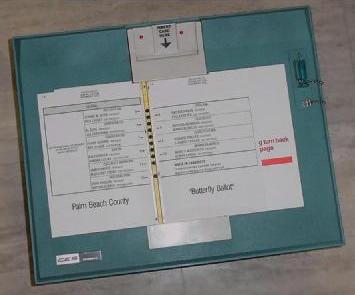I can tell you about what is going on Brewer. It is all well meaning, but often goes awry. Candidates for a job like this are evaluated against a "crediting plan." HR works with line "job experts" who identify "knowledges, skills, and abilities" (KSAs)" needed to excell at the job in question. They usually come up with 4-7 KSAs. Those are the "topics" you write your essays about. For each KSA the job expert identifies examples of what would be marginal, satisfactory, or outstanding experiences in that topic. The little essays you write are supposed to pull out your actual accomplishments in those areas. A person or panel of job experts reads the applications and grades your little essays (and general desdriptions of your work history) against the crediting plan. The top rated applicants are referred top the selecting official. It is easy to screw up this process. If you could see the crediting plan you could tailor your application to answer fit but... The thing to remember is that the outstanding examples will usually involve high level contacts, independent authority, big numbers, etc. You should pump your experience up, use lots of active verbs. Remember the smile test -- it ain't a lie if you merely grin.

